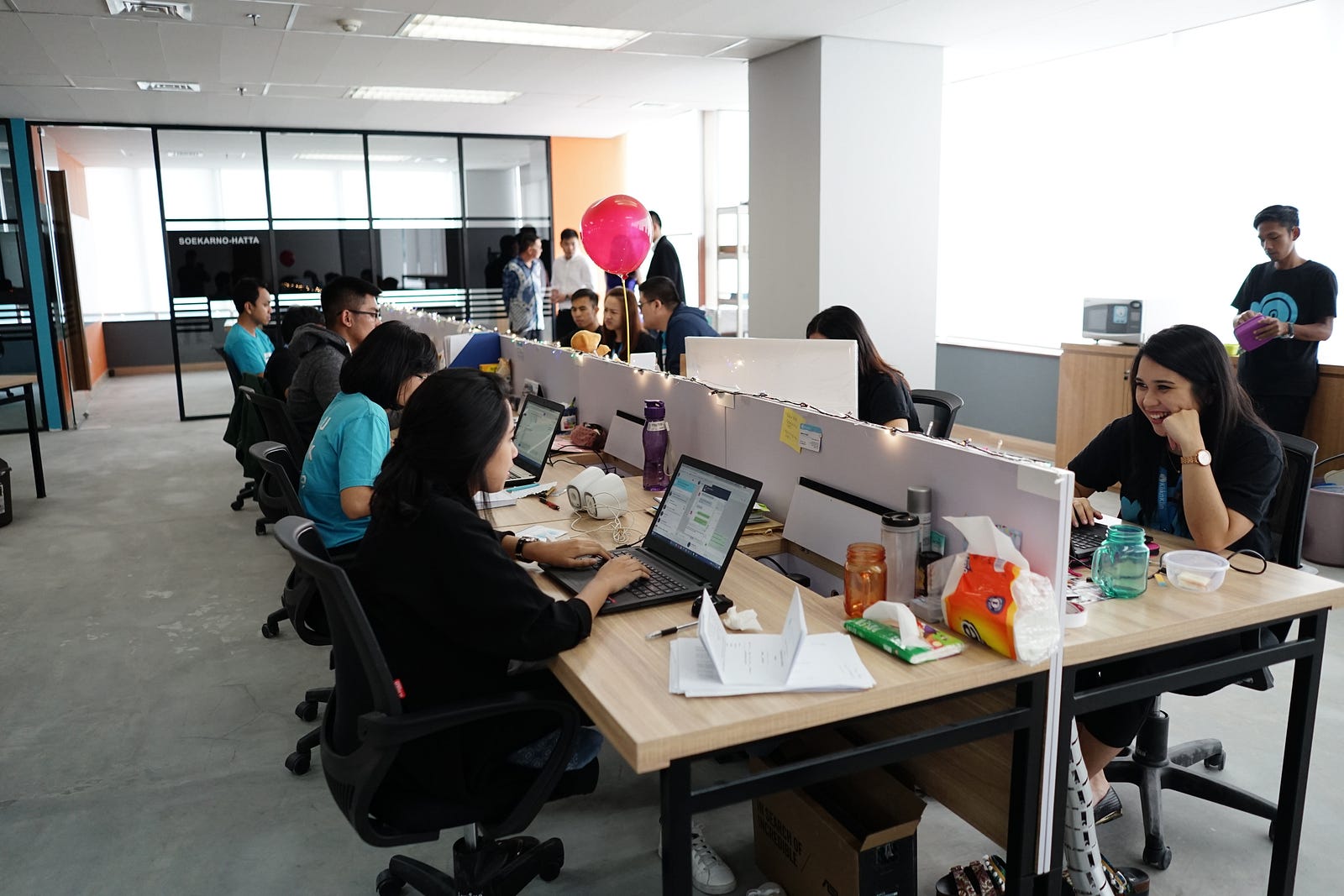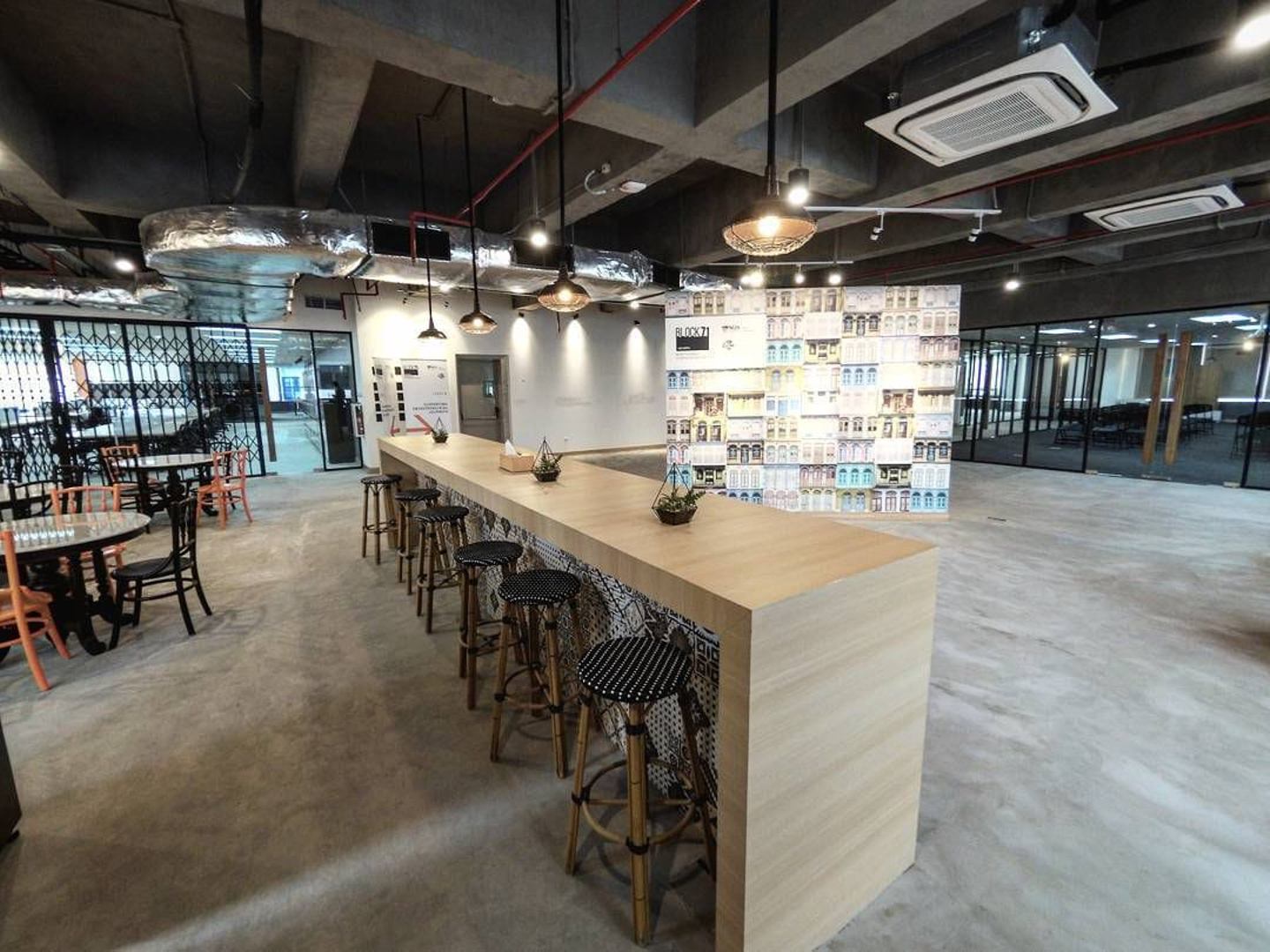NUS Enterprise, the entrepreneurial arm of the National University of Singapore (NUS), in partnership Indonesian conglomerate, Salim Group, are adding two new Indonesian cities to its BLOCK71 family of incubation hubs. The opening of the new locations in Bandung and Yogyakarta follow the establishment of its Jakarta hub in mid-2017.
The BLOCK71 project establishes entrepreneurial hubs in various cities for startups to collaborate, network and get access to mentors, funding and new markets.

According to Business Times, it takes its name from its birthplace - the Block 71 building within the Ayer Rajah industrial estate of Singapore. The building has since been converted by NUS Enterprise, Singtel Innov8 and the then Media Development Authority into a physical location for the startup community.
BLOCK71 Yogyakarta, which is situated in a contemporary area across the popular Galeria Mall. BLOCK71 Bandung, on the other hand, is located along one of the busiest streets in the Dago area, adjacent to Institute Teknologi Bandung (ITB).

Entrepreneurs based in Yogyakarta and Bandung now have access to the ecosystem’s global network and resources, as well as other BLOCK71 facilities. In addition to Singapore and Jakarta, these include Suzhou in China and San Francisco in the US.
NUS Enterprise, in partnership with Salim Group, will organise entrepreneurship-related programmes. It will also provide collaboration and networking opportunities for student and entrepreneur communities from Singapore and institutes of higher learning in Indonesia such as ITB and Universitas Gadjah Mada (Yogyakarta), and offer development opportunities to support the growth of digital and technology talents.

"These BLOCK71 locations will open doors for startups from Singapore and the BLOCK71 family to grow their presence in Indonesia and facilitate access to international markets for local startups," said NUS president Tan Eng Chye in a statement.
Axton Salim, executive director of Salim Group, said, "We hope our initiatives will encourage more young people to develop a keen interest in the digital and technology arenas and become entrepreneurs. We would also like to bring these initiatives to other continents such as Africa and China in the near future."


















